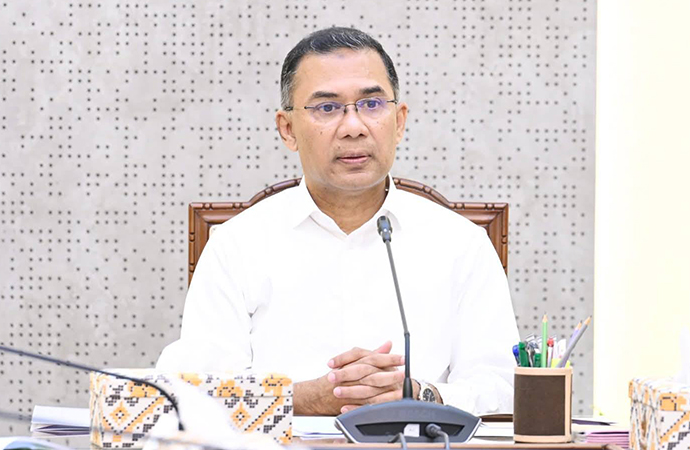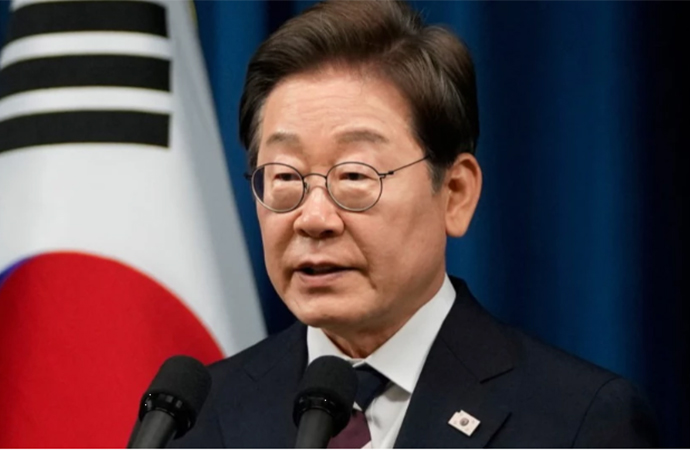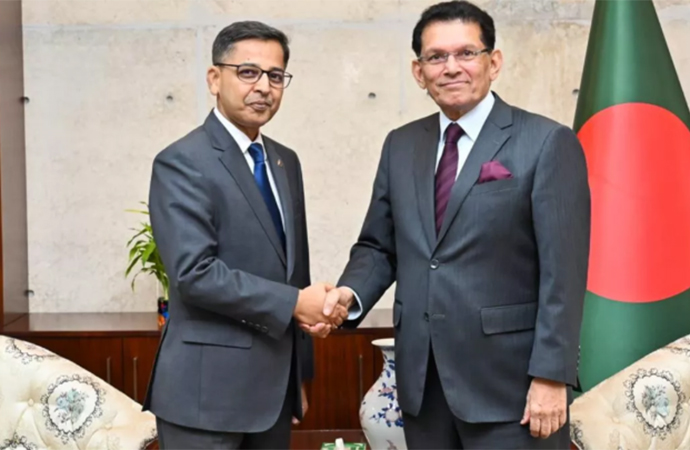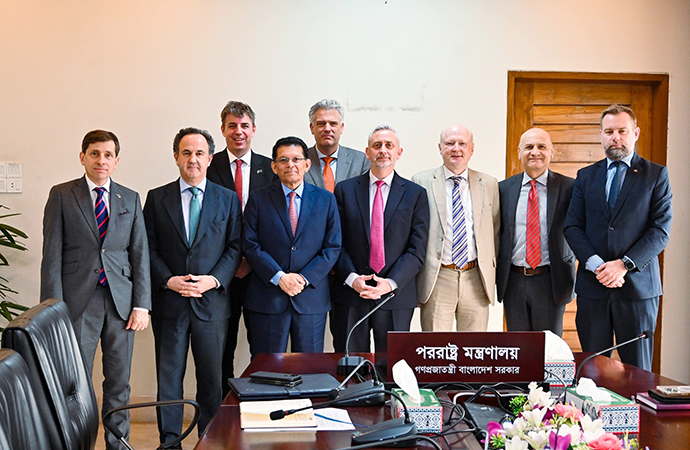Featured 2

Noting the additional stress exerted on the domestic economy by the alarming rise in the volume of defaulted loans, economists insist things have gotten to a stage where any substantive change for the better requires a political commitment at the national level.
They point out that all the defaulters are politically influential, and so the options available to Bangladesh Bank are not enough to pursue with them without a national-level commitment.
According to official data, the volume of defaulted loans stood at Tk1.32 lakh crore in the quarterly financial statement of the central bank. But this may be just one-third of the actual amount. According to information from different sources, the volume of default loans stood at Tk4.11 lakh crore till March 2023, which is more than half the size of the national budget for the current fiscal.
Tk55,000 crore is written off as bad debt (no longer counted as an asset by the bank ) and the largest amount, Tk 2.24 lakh crore, is held up due to cases filed in different courts.
In addition, several lakh crore was rescheduled several times by influential businesses during the last one and a half decades, which protects them from being officially declared as loan defaulters, according to Professor Mustafizur Rahman, distinguished fellow at leading think-tank Centre for Policy Dialogue.
"These loans bring three-dimensional bad effects on the domestic economy: it creates a liquidity crisis, with banks' money being stuck in an unproductive sector and it leads to banks charging higher interest rates for loans," Prof Mustafiz said.
Many potential investors are not getting loans from banks, due to the over-sensitivity of some bankers to the default culture, he adds.
Bank officials are facing different types of official challenges in loan management, which slow down regular lending activities of a bank. The weakness of laws related to loan defaults and implementation of the laws that do exist have failed and led to the present situation, Prof Mustafiz said.
"To recover such a large volume of loans is a challenge for regulators (Bangladesh Bank) alone. It requires a political commitment at the national level," he opined.
Dr Mainul Islam, another leading economist and winner of the Ekushey Padak, said the information published by Bangladesh Bank about default loans every three months is not correct. "The actual defaulted loans exceeded Tk 4 lakh crore," he says.
"About half the amount has been pending for years due to court cases. That is, as long as the cases continue, the debtors will not be considered defaulters. But these are worth marking as defaulters. Even if banks don't consider the loans can be recovered, they cannot be marked as defaulters due to court directives," he said.
The Tk 55,000 crore written off is also not shown as default. The central bank shows the amount of defaulted loans till March 2023 is over Tk1.32 lakh crore. If you add all these, the actual volume of defaults is Tk 4.11 lakh crore, he pointed out.
Dr. Mainul said the economy is being looted through political sponsorship in the banking sector. The loot in the form of debt is never recovered. The bank merely marks them as default or non-performing loans.
"Through all this, defaulted loans are increasing. In my 2010 study titled 'Non-performing loans in the private sector in Bangladesh', I showed that 77 percent of non-performing loans were due to political patronage," he said.
Dr Mainul describes the experience of researching the defaulted loans of the financial sector for the last 30 years, and said, after reviewing the data on defaulted loans, it was found that successive governments' approach has been to indulge the defaulters and provide various benefits.
As a result, the borrowers are renewing their loans by getting benefits. After repeated opportunities, defaulters' tendency to repay their loans has decreased.
Since 2019, the trend of providing loan rescheduling facilities to defaulters has increased, he said.
The latest additions to these legal benefits are contained in the recent amendment of the Bank Companies Act.

























Leave a Comment
Recent Posts
Bangladesh’s first drought-res ...
In a groundbreaking development for Bangladesh’s agriculture, Ga ...
US and Iran hold another round ...
Iran and the United States were holding another round of indirect talk ...
An early hiccup for the new government?
Japan invites PM Tarique, eyes cooperation with Bang ..
Bangladesh to achieve sustained growth, prosperity u ..
Dhaka indicates ‘forward looking, balanced partnersh ..